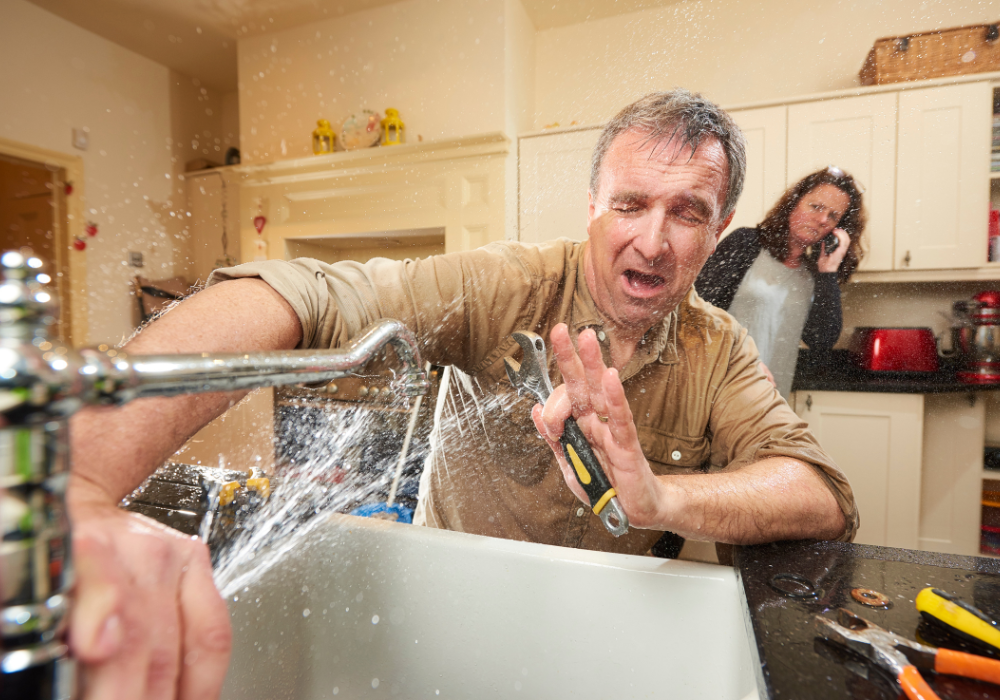Home inspections are a critical step in the process of buying or selling a house. They provide potential homeowners and real estate agents with a detailed evaluation of the property’s condition, uncovering issues that might not be visible to the untrained eye. Among the myriad of problems that could be discovered, plumbing issues often top the list. Identifying and addressing these common plumbing issues is not only essential for maintaining the home’s value but also for ensuring the safety and comfort of its inhabitants.
In this post, we’ll delve into the most frequently encountered plumbing problems during home inspections, discuss their potential impact on home value and safety, offer practical tips for preventing and addressing these issues, and provide insights from a real estate perspective. Whether you’re a homeowner, a real estate agent, or a DIY enthusiast, understanding these common plumbing issues will equip you with the knowledge to handle them effectively.
Common Plumbing Issues Found During Home Inspections
Leaking or Dripping Faucets
One of the most common plumbing issues uncovered during home inspections is leaking or dripping faucets. While they may seem minor, these small leaks can lead to significant water wastage and higher utility bills. Over time, the constant dripping can also cause water damage to sinks, countertops, and cabinetry.
 Slow or Clogged Drains
Slow or Clogged Drains
Slow or clogged drains are another prevalent issue. They can result from the buildup of hair, soap scum, grease, or other debris. If not addressed promptly, clogged drains can lead to more severe blockages, causing water to back up and potentially damaging floors and walls.
Running Toilets
A running toilet can waste a considerable amount of water daily, leading to increased water bills and environmental concerns. This issue is often caused by a faulty flapper valve or fill valve, which can typically be fixed with a simple replacement. However, if left unchecked, it can indicate more significant problems within the toilet’s internal mechanisms.
Water Heater Issues
Water heaters are essential for providing hot water in homes, but they can suffer from various issues such as sediment buildup, faulty heating elements, or leaks. During a home inspection, signs of rust, corrosion, or unusual noises from the water heater can indicate potential problems that need immediate attention.
Hidden Pipe Leaks
Hidden pipe leaks are perhaps the most concerning plumbing issues found during home inspections. These leaks can occur behind walls, under floors, or in crawl spaces, making them difficult to detect until significant damage has occurred. Signs of hidden leaks include water stains, mould growth, or a sudden increase in water bills.
Impact on Home Value and Safety
Plumbing issues can have a substantial impact on a home’s value and safety. Here are a few ways these problems can affect a property:
- Deterioration of Home Value: Plumbing issues can decrease a home’s market value, making it less attractive to potential buyers. Major repairs or replacements can be costly, and buyers may be hesitant to invest in a property with unresolved problems.
- Safety Risks: Plumbing problems can pose various safety risks, including water damage, mold growth, and structural issues. Mold, in particular, can cause respiratory problems and other health issues for occupants.
- Costly Repairs: Neglected plumbing issues can lead to expensive repairs down the line. For example, a hidden pipe leak that goes undetected can cause extensive water damage, requiring costly restoration work.
Tips for Preventing and Addressing Plumbing Issues
 Routine Maintenance Checklist for Homeowners
Routine Maintenance Checklist for Homeowners
Regular maintenance is key to preventing plumbing issues. Here’s a simple checklist for homeowners:
- Inspect and clean faucets and showerheads regularly to prevent mineral buildup.
- Check for leaks under sinks and around toilets.
- Clear slow drains using natural methods like baking soda and vinegar.
- Flush the water heater annually to remove sediment buildup.
- Test water pressure to ensure it’s within a safe range (typically 40-60 psi).
Early Warning Signs and How to Address Them
Being vigilant about early warning signs can help you address plumbing issues before they escalate:
- Discolored water: This could indicate rust or sediment in the pipes or water heater.
- Unusual noises: Sounds like gurgling, banging, or whistling could signal a problem with the pipes or water heater.
- Soggy or green patches in the yard: These might indicate a leak in the underground water line.
When to Call a Professional Plumber
While some minor issues can be handled with DIY solutions, it’s essential to know when to call a professional plumber. Significant leaks, water heater problems, or persistent clogs often require the expertise of a licensed plumber to ensure they are addressed correctly and safely.
Real Estate Perspective
Advice for Real Estate Agents on Preparing Homes for Inspection
For real estate agents, preparing a home for inspection is crucial for a smooth transaction. Here are some tips:
- Encourage homeowners to perform a pre-listing inspection: This can identify any plumbing issues early, allowing time for repairs before potential buyers are involved.
- Highlight any recent plumbing upgrades or maintenance: This can reassure buyers about the condition of the property.
- Coordinate with professional plumbers: Having a trusted plumber available for quick repairs can streamline the process.
How to Handle Plumbing Issues in the Buying or Selling Process
Handling plumbing issues during the buying or selling process requires clear communication and negotiation:
- Buyers: If an inspection reveals plumbing issues, you can request the seller to make repairs or provide a credit for the estimated repair costs.
- Sellers: Being proactive about addressing known plumbing issues can prevent negotiations from stalling and can help you maintain your asking price.
Addressing common plumbing issues uncovered during home inspections is vital for maintaining a home’s value and ensuring the safety and comfort of its inhabitants. By following a routine maintenance checklist, being aware of early warning signs, and knowing when to call a professional, homeowners can prevent minor issues from becoming major problems.
For real estate agents, preparing homes for inspection and handling plumbing issues transparently can facilitate smoother transactions and satisfy clients. Regular home maintenance and professional inspections are key to preserving the integrity and value of a property.
If you want to schedule a comprehensive home inspection, contact us today for professional assistance. Let’s keep your home in top shape together!

